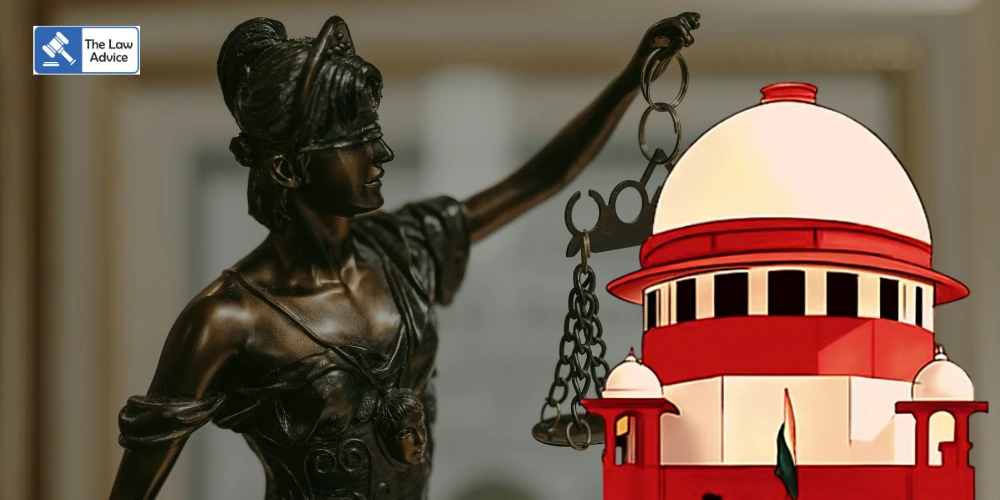
The Supreme Court of India, on Monday (August 11), refused to entertain a Public Interest Litigation (PIL) that sought directions to all State Election Commissions (SECs) to coordinate and devise a nationwide mechanism for monitoring and curbing illegal acts of political parties. The bench made it clear that the petitioner had bypassed the proper legal route by coming directly to the apex court without first approaching the concerned High Court.
Bench Composition & Proceedings
A three-judge bench comprising Chief Justice of India (CJI) BR Gavai and Justices K. Vinod Chandran and A.S. Chandukar took up the plea filed by petitioner Ghanshyam Dayalu Upadhyay. The petition asked the Court to order all SECs to formulate a joint scheme to “watch and curb illegal activities of political parties in the country which attempt to endanger the sovereignty, integrity, and unity of India.”
At the outset, CJI Gavai questioned why the petitioner had not approached the Bombay High Court under Article 226 of the Constitution, instead invoking the Supreme Court’s jurisdiction under Article 32. The petitioner’s counsel argued that the scope of the relief sought extended to all State Election Commissions, and therefore, a single High Court could not grant such pan-India directions.
The bench, however, clarified that even in such circumstances, the High Court could exercise jurisdiction “wherever a part of the cause of action arises within its territorial limits.”
CJI Gavai initially indicated the PIL would be dismissed outright, remarking:
“The present petition is nothing but a Publicity Interest Litigation. While PILs are an important tool to protect citizens’ rights, we have repeatedly disapproved of judicial adventurism. This petition not only involves policy matters concerning the Union Government and the Election Commission of India but also fails to justify why the petitioner directly approached this Court without exhausting an equally effective remedy before the High Court.”
When the counsel attempted to persist with his arguments, the CJI issued a stern warning:
“We have already saved you once from contempt. Do you want us to issue a notice again?”
Faced with this, the petitioner sought to withdraw the petition, which the bench allowed, granting liberty to approach the appropriate legal forum as per law.
Sharp Exchange in Court
The hearing briefly took a tense turn when the petitioner’s counsel appeared to express dissent through gestures. This prompted the CJI to rebuke him:
“Don’t show gestures or faces to us; otherwise, I am the last person to send anybody under contempt. Don’t remind me of Bombay days—you have a retrospective and think about what saved you at that time. Don’t make me recall those events in open court.”
The remarks appeared to refer to past proceedings before the Bombay High Court, where the counsel had narrowly avoided contempt action.
Case Reference: Ghanshyam Dayalu Upadhyay vs. Union of India | W.P.(Crl.) No. 000304 / 2025
Website designed, developed and maintained by webexy